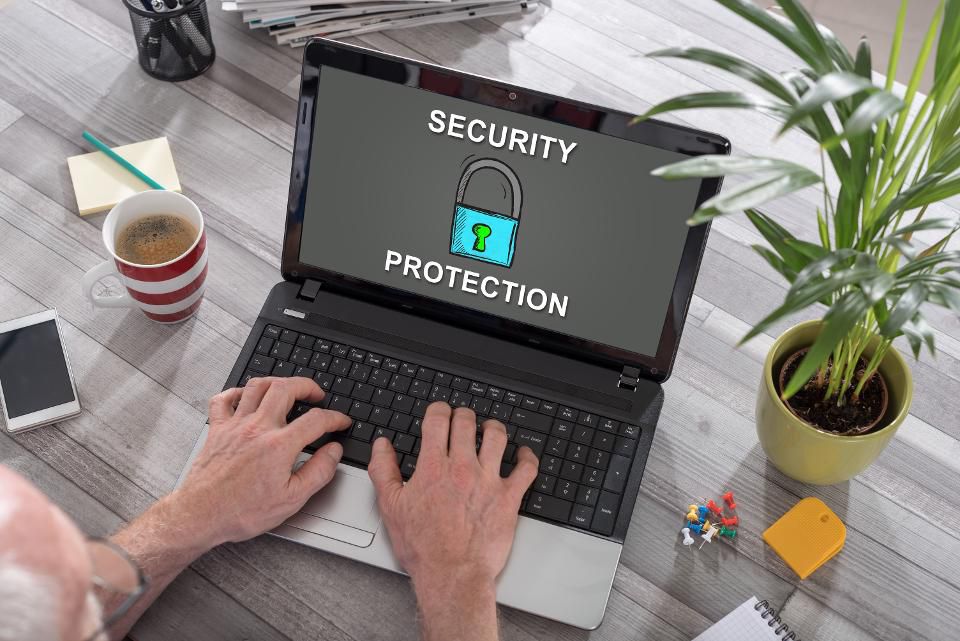If you own a business, you have a responsibility to protect sensitive information. This includes information about your business, your employees, and your customers. If you don’t meet the legal data protection requirements, you could wind up getting sued. More than that, any breaches could seriously harm your company’s reputation.
Use the guidelines below to ensure that any sensitive information handled by your company is adequately protected.
1. Preventing Unauthorized Access

Avoid security breaches: How to protect your data
Digital files need to be properly protected through the use of firewalls, passwords, and data encryption. When dealing with portable storage media like flash drives, this type of protection is even more important since it is easy to lose track of small devices like these.
Passwords should not only be difficult to guess but they should also be changed on a regular basis. Avoid simple passwords that people could easily figure out. Instead, opt for passwords that include numbers, letters, and special characters like %, # or &. Complex passwords like these are far more difficult for people to figure out, meaning that they are less likely to gain access and far likely to end up on places you don’t want them.
2. Be Careful When Disposing Of Paperwork
Even though much of today’s data is handled digitally, most businesses still handle at least some paper documents that contain confidential information. Dealing with these types of documents requires special care. One of the best options is to shred them using a crosscut shredder. Alternatively, you can also set up a special trashcan for sensitive documents. If any documents fall into the wrong hands, it could lead to problems like identity theft. That is why it is so important to handle any paper waste with care.
3. Use Locking File Cabinets
Many documents that you no longer need can be shredded to avoid having sensitive information fall into the wrong hands. Unfortunately, there are a number of confidential documents that need to be stored. Investing in locking filing cabinets is one of the most effective solutions for keeping the data contained in these documents safe.
To add an extra layer of protection, put the locking cabinets inside a room that can also be locked. Make sure that only trusted employees have keys.
4. Sending Sensitive Documents Securely

5 Ways To Improve Your Small Business Cybersecurity
Anytime confidential documents need to be sent somewhere else, security should be one of your top priorities. When sending printed papers, choose a well-respected courier or have a trusted employee hand-deliver them. That way, you don’t have to worry about them being read or intercepted along the way.
When dealing with digital documents, on the other hand, your options usually include emailing the documents or uploading them to a file-sharing platform. With either option, make sure that the documents are encrypted. Also, choose an email provider or file sharing platform that has an excellent reputation when it comes to security. Alternatively you can use a VPN to enhance security. See the best VPN’s on ProPrivacy.
5. Teach Your Employees Secure Data Handling Methods
Employees are usually the most significant threat to sensitive data. That doesn’t mean that people who work for your company have bad intentions. However, mistakes often occur when handling confidential data. These mistakes can result in accidental leaks.
How to make your employees care about cybersecurity: 10 tips
The best way to avoid problems like these is through proper training. Begin by making sure that everyone who works for your business understands the importance of protecting sensitive data. From there, teach them how to keep data secure through the use of proper document handling, password security, and more.
If you are confident in your abilities, you could run the training program yourself. Alternatively, you can also hire an outside security specialist to train your employees for you. When it comes to security basics, you probably can handle the training on your own. If you are dealing with more complex issues like creating strong passwords or spotting phishing attempts, working with an outside IT specialist is probably a better solution.